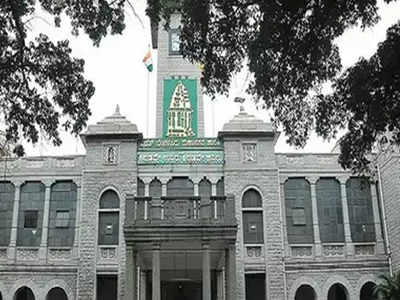The Hindu 11.03.2011
Construction waste dumping goes on unabated in Ullal
The Coastal Regulatory Zone bans dumping of construction waste within 500 metres
Ullal Town Panchayat has displayed two sign boards on the road near the
Ullal beach asking people not to dump waste on the 100-metre road
stretch. While the words on the first board are almost blurred, the
other board at the end of the road stretch is crumbling. Between these
two boards, there are heaps of debris indicating that the boards have
hardly served the purpose while the officials said they could not do
much other than filing a complaint with the police.
The place where the waste was being dumped was within
500 metres from high tide line, said Chief Officer of the Ullal Town
Municipal Council B.C. Sadananda. The Coastal Regulatory Zone bans
dumping of construction waste within 500 meters. “The material is dumped
at night and it’s difficult to prevent it,” Mr. Sadananda said.
Nagappa, an elderly fisherman, who lives near the site, said dumping of
waste had continued unabated. “Dumping of construction waste has
continued for several years. Nothing has changed despite representations
to the panchayat,” he said.
Umavathi, a representative of the Meenugara Mahila
Hitarakshana Samiti, said a majority of the construction waste that was
dumped was from neighbouring areas. The dumping of waste had caused
problems, including defacing the road. “The only relief is that kitchen
waste from houses is not dumped here. If dumped, the municipality
regularly clears it,” she said.
Mr. Sadananda said the construction waste came from
neighbouring places such as Someshwara and Kotekar which did not have
dumping yards. “We also do not have places where the dumped material can
be moved,” he said. Mr. Sadananda said the Council had only filed
complaints with the police. The Council was yet to decide on engaging
personnel to watch the dumping activity and take action, he aid. Rohini,
a fisherwoman, complained about the hazards faced because of the
discharge of effluents from some of the fishmeal and fish oil industries
located off the beach. “You cannot stand even for a minute at this
spot. Those engaged in drying fish on the beach are more prone to
infections,” she said.
The team from The Hindu visited the spot and found indications of effluent from two industrial units entering the sea.
Mr. Sadananada said work was on to construct three
effluent treatment plants near the industries which would be functional
in six months. “The industries then have to pass the effluents through
the plants,” he said.


